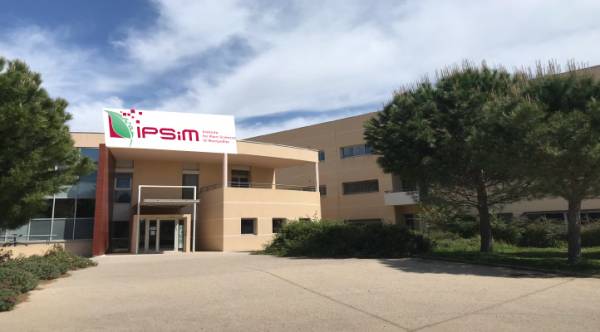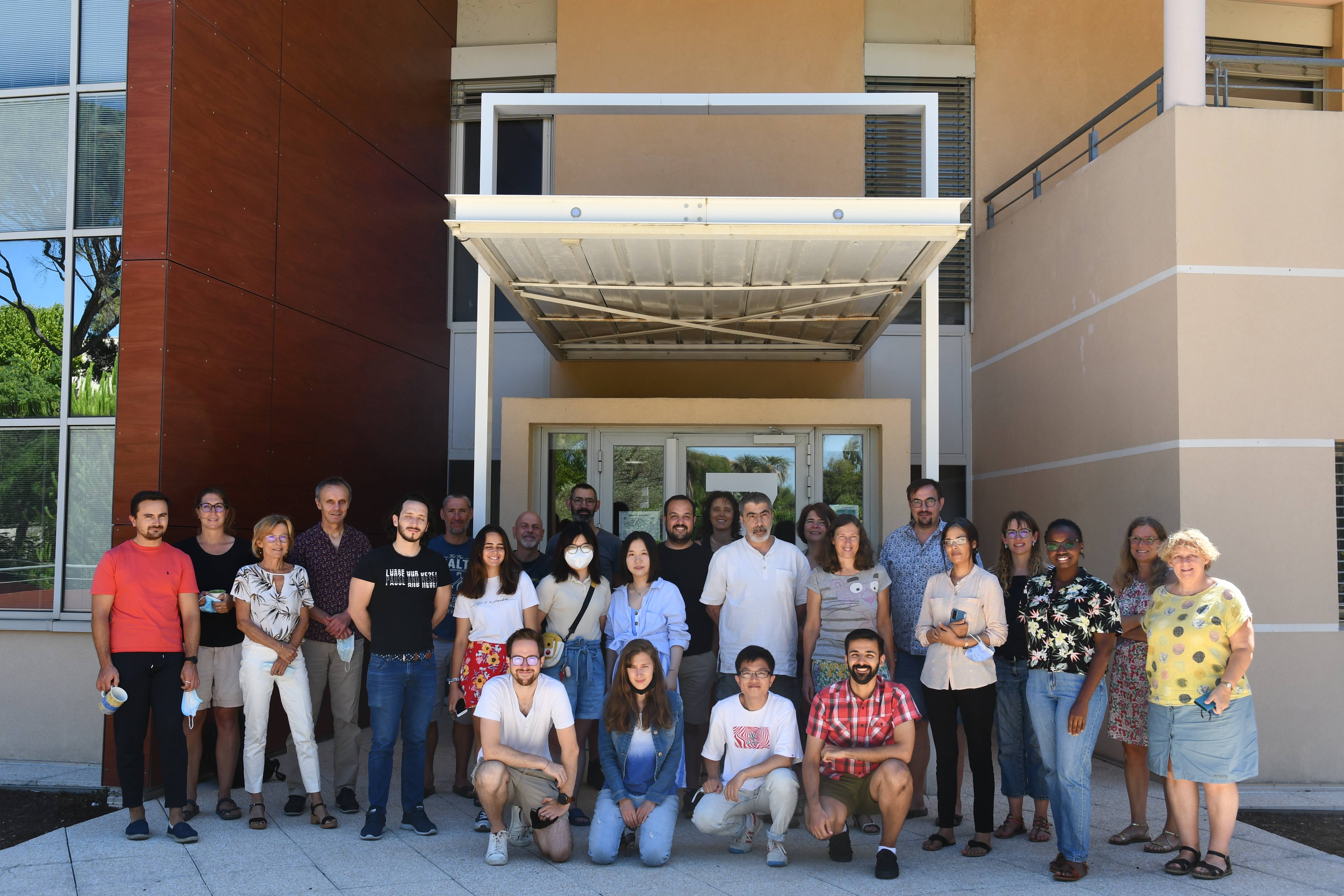Home
Edito
In higher plants, autotrophy and biomass production involve assimilation of CO2 from the atmosphere, as well as uptake and transport of mineral nutrients and water from the soil. Gaining fundamental knowledge on the uptake and transport functions is becoming of crucial importance. Indeed, the agricultural practices developed since the Green Revolution at the beginning of the 1960's, were based on the combined use of high-yielding genotypes and high inputs (e.g., irrigation water and fertilizers). Owing to global issues related to the changing environment, these methodologies have to be revised towards the production of more water- and nutrient-efficient genotypes, due to the need for ecological intensification of agro-ecosystems, as well as the global changes we are now facing. Furthermore, increasing plant retention of beneficial mineral micronutrients, such as Fe, Zn, Mg or Se, while reducing retention of toxic minerals, such as Cd and As, is a major objective to improve the nutritional value of crop-derived food, potentially enhancing human health. The biology of ion and water transport in plants involves specific concepts and methods that are generally not acquired during classical Master and PhD studies. The MISTRAL summer school on ion and water transport in plants puts emphasis on such concepts and methods.
Next Mistral Summer school : 1st - 12th July 2024

Institut des Sciences des Plantes de Montpellier
Information
To remember
-
Date
1st - 12 July 2024 -
Registration
From 2 April 2024 to 25 June 2024 -
Contact
Go to contact form -
Share this event !


































